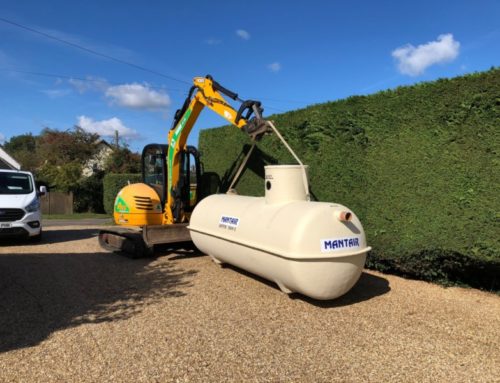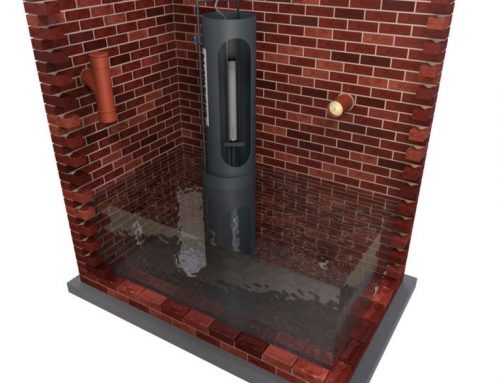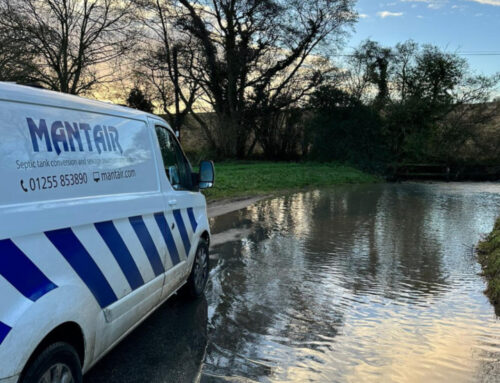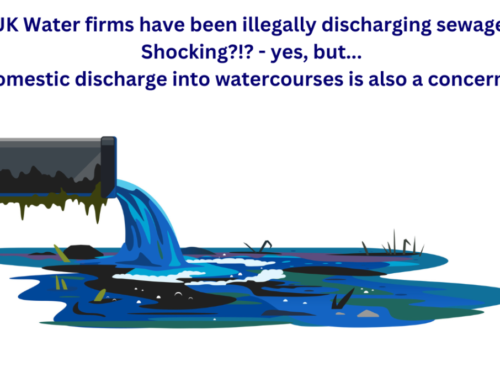If you’re thinking of selling a house with a septic tank its more important than ever before to understand your responsibility surrounding the use and operation of septic tanks. Long-gone are the days when property’s draining to septic tanks are sold without any interest being shown by solicitors and surveyors regarding the suitability and compliance of these wastewater disposal tanks.
It’s not the most interesting of subjects to discuss when selling your home, but ensuring your septic tank is functioning correctly and compliant with environmental regulations is now one of the most important parts of conveyancing for Solicitors when dealing with rural property sales and purchases. Mostly found in rural parts of the countryside where access to the mains sewer is not feasible, septic tanks have widely been used for wastewater disposal since the early 1900’s. Septic tanks retain the sewage long enough for solids to settle onto the floor of the tank, leaving the effluent (liquids) to pass through the tank outlet pipe. Historically, the effluent would discharge either into a drainage field (soakaway), or into a ditch, stream or other watercourse.
In January 2015, the Environment Agency introduced new septic tank regulations to simplify the way septic tanks are regulated in England and Wales, and are known as “The General Binding Rules”. Under these new rules if you’re selling a house with a septic tank that discharges into a watercourse, no matter how long the discharge has been in situ, the sale of the property will trigger the requirement to upgrade or replace the septic tank before the sale completes.
The Environment Agency General Binding Rules set out the conditions that septic tanks and small sewage treatment plants need to meet in order to be used without an Environmental Permit. If the conditions of the General Binding Rules are not adhered to, then the operator, this being the person who has control over the operation of the septic tank or sewage treatment plant, would need to make an application to the Environment Agency for a Permit, or upgrade / replace the existing system to make it compliant.
Typically, it takes 3 – 4 months for the Environment Agency to process a Permit application and under no circumstances would the Agency issue a Permit for a septic tank discharging to a watercourse or having the potential of causing pollution. Therefore, the importance of understanding if a Permits required is crucial to avoiding the time-constraints involved in obtaining this approval at the latter stages of a house sale.
In situations where the existing septic tank or sewage treatment plant complies with the requirements of the General Binding Rules and is functioning correctly no action will be necessary. However, the General Binding Rules state that it’s the seller’s responsibility to provide the purchaser with detailed information relating to the existing septic tank or sewage treatment plant and the disposal method being used.
We all know that selling a house can be one of the most stressful experiences, even without the thought of having to work our way through the latest regulations surrounding septic tanks, and the possible remedial works that may be required to ensure regulatory compliance.
It’s now common practice for Solicitors to require an independent drainage report for any house purchases that use either a septic tank, cesspool or sewage treatment plant. As experienced off mains drainage experts, Mantair engineers can provide free impartial advice over the phone, and if necessary, visit the property in question to carry-out a site survey and report the relevant findings.
If you have any questions regarding selling or buying a house with a septic tank or sewage treatment plant, our team of friendly experts are here to help. Call us on 01255 853890 or contact us online.




